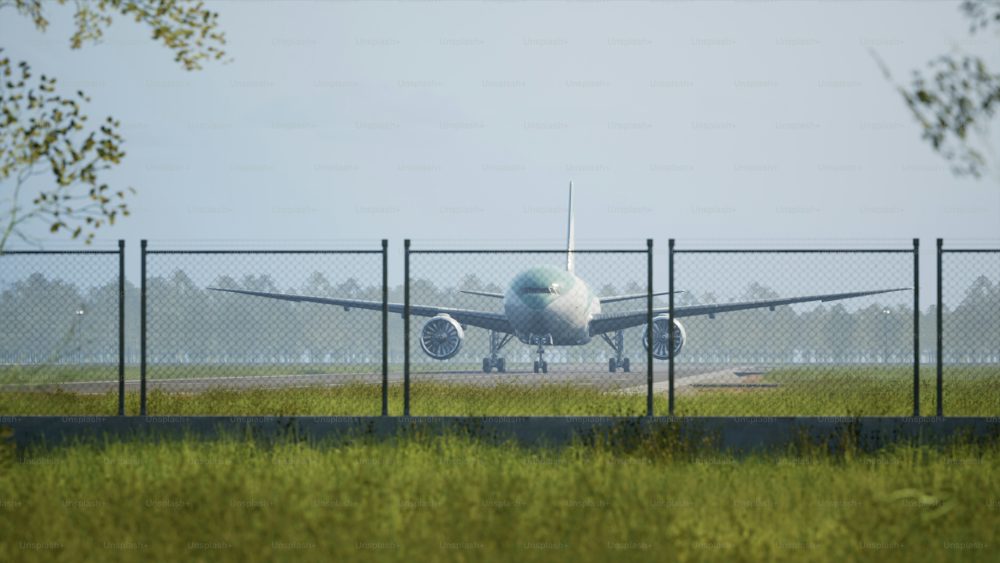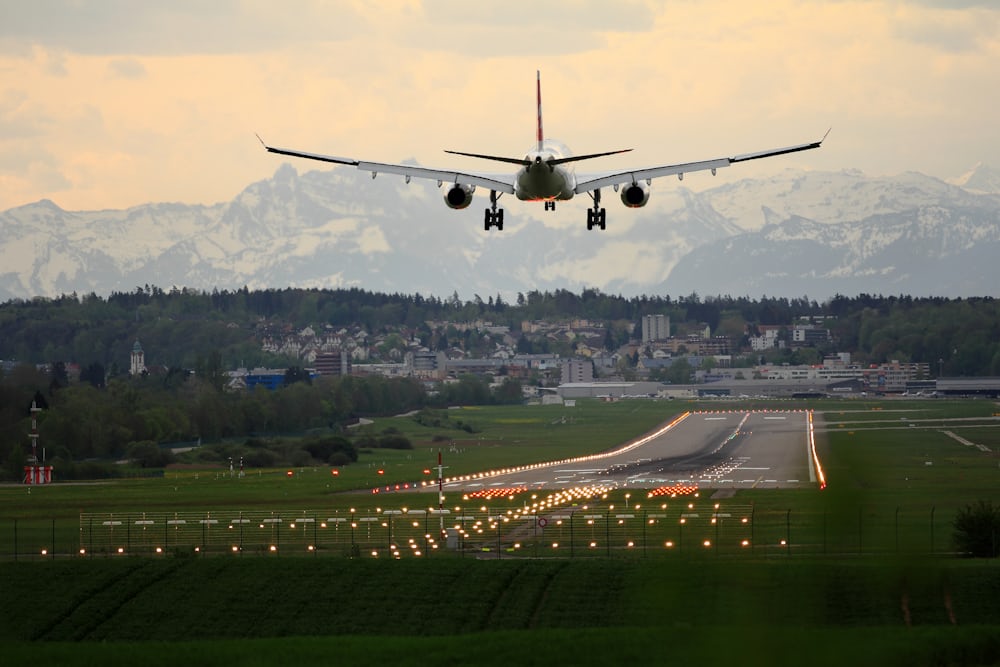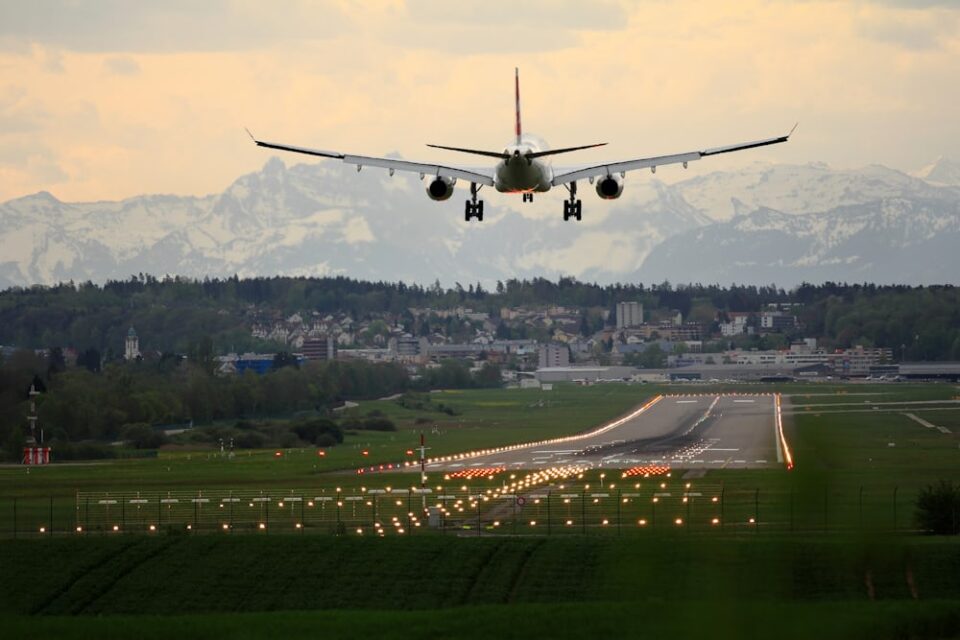Jomo Kenyatta International Airport (JKIA) is the largest airport in Kenya, located in the capital city, Nairobi. Named after Kenya’s first president, Jomo Kenyatta, the airport serves as the primary gateway to the country and the East African region. It has a rich history, significant operations, and economic benefits to the country.History:Establishment: JKIA was established in 1958, initially known as Embakasi Airport. It began operations in 1958 with a single runway.Expansion: Over the years, JKIA has undergone significant expansions and renovations to accommodate the growing air traffic demand.Name Change: In 1978, the airport was renamed Jomo Kenyatta International Airport in honor of Kenya’s founding father and first president, Mzee Jomo Kenyatta.Operations:International Hub: JKIA serves as a vital international hub for air travel, connecting Kenya to various destinations across Africa, Europe, Asia, and beyond.Passenger Traffic: It handles millions of passengers annually, both domestic and international, making it one of the busiest airports in Africa.Cargo Hub: JKIA also plays a crucial role as a cargo hub, facilitating the transportation of goods and products within Africa and to other continents.Airlines: Several international and domestic airlines operate out of JKIA, providing a wide range of connectivity options for travelers.Economic Contributions:Revenue Generation: JKIA generates significant revenue for the Kenyan government through various sources such as passenger fees, landing fees, cargo handling charges, and retail concessions.Employment Opportunities: The airport creates employment opportunities directly and indirectly, supporting jobs in areas such as aviation, hospitality, retail, and transportation.Trade Facilitation: As a key transportation hub, JKIA facilitates trade and commerce, contributing to the country’s economic growth and development.Tourism Promotion: The airport serves as an entry point for tourists visiting Kenya, contributing to the growth of the tourism industry, which is a vital sector of the economy.Management:Kenya Airports Authority (KAA): JKIA is managed and operated by the Kenya Airports Authority, a government agency responsible for the development, management, and maintenance of civil aviation infrastructure in Kenya.Infrastructure Maintenance: KAA oversees the maintenance and development of airport infrastructure, including runways, terminals, taxiways, and other facilities.Safety and Security: Ensuring the safety and security of passengers, aircraft, and airport personnel is a top priority for JKIA’s management, with stringent security measures in place.Future Outlook:Expansion Plans: JKIA continues to undergo expansion and modernization projects to meet the growing demands of air travel and enhance passenger experience.Technological Upgrades: Investments in technology, such as automated check-in systems, biometric screening, and digital communication networks, aim to improve efficiency and security at the airport.Sustainability Initiatives: JKIA is also focusing on sustainability initiatives, including energy efficiency, waste management, and reducing environmental impacts, to operate in a more environmentally friendly manner.Beyond its obvious functions as a transportation hub, Jomo Kenyatta International Airport (JKIA) harbors a multitude of hidden facets that contribute to its significance and influence. These hidden aspects encompass various dimensions, ranging from its geopolitical importance to its role in fostering regional integration and diplomatic relations. At a geopolitical level, JKIA serves as a symbol of Kenya’s status as a regional powerhouse, exerting influence not only within East Africa but also across the continent and beyond. Its strategic location in Nairobi, the capital city, positions it as a pivotal node in the global aviation network, facilitating connections between Africa, Europe, Asia, and the Middle East. Moreover, JKIA plays a crucial role in advancing regional integration initiatives, serving as a meeting point for travelers, businesses, and policymakers from neighboring countries and beyond. Through its extensive connectivity and infrastructure, the airport promotes trade, investment, and collaboration among East African nations, contributing to the vision of a more interconnected and prosperous region. Additionally, JKIA serves as a diplomatic gateway, hosting high-level delegations, international conferences, and diplomatic missions, thereby strengthening Kenya’s ties with other nations and organizations. Behind the scenes, the airport functions as a complex ecosystem comprising various stakeholders, including government agencies, airlines, cargo handlers, retailers, and service providers, all working in concert to ensure smooth operations and efficient servicedelivery. Furthermore, JKIA serves as a melting pot of cultures, languages, and experiences, reflecting Kenya’s rich diversity and heritage. Its terminals buzz with activity as passengers from different corners of the globe converge, creating a vibrant tapestry of human interaction and exchange. Beyond its physical infrastructure, JKIA embodies a sense of national pride and identity, symbolizing Kenya’s aspirations for progress, connectivity, and global engagement. In essence, JKIA’s hidden dimensions underscore its multifaceted role as more than just an airport but rather a dynamic nexus of connectivity, diplomacy, and cultural exchange, shaping the trajectory of Kenya’s development and influence on the world stage.In conclusion, Jomo Kenyatta International Airport serves as a vital transportation hub for Kenya and the East African region, contributing significantly to the country’s economy, tourism sector, and global connectivity. With its rich history, ongoing developments, and strategic management, JKIA plays a crucial role in shaping Kenya’s aviation landscape and fostering economic growthIt serves as a vital asset for Kenya’s economy and connectivity, contributing significantly to trade, tourism, and employment. With its strategic location, robust operations, and continuous improvements, JKIA plays a pivotal role in driving the country’s aviation sector forward and fostering economic growth and development.



